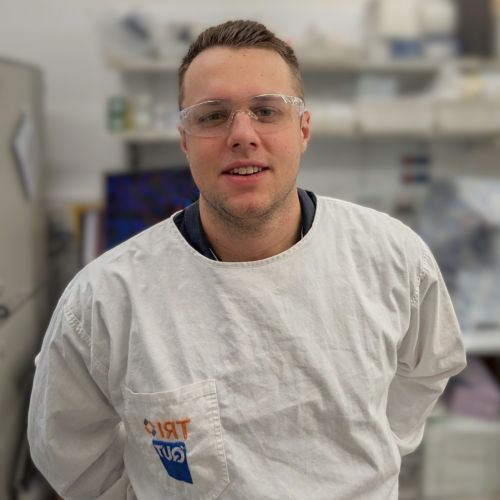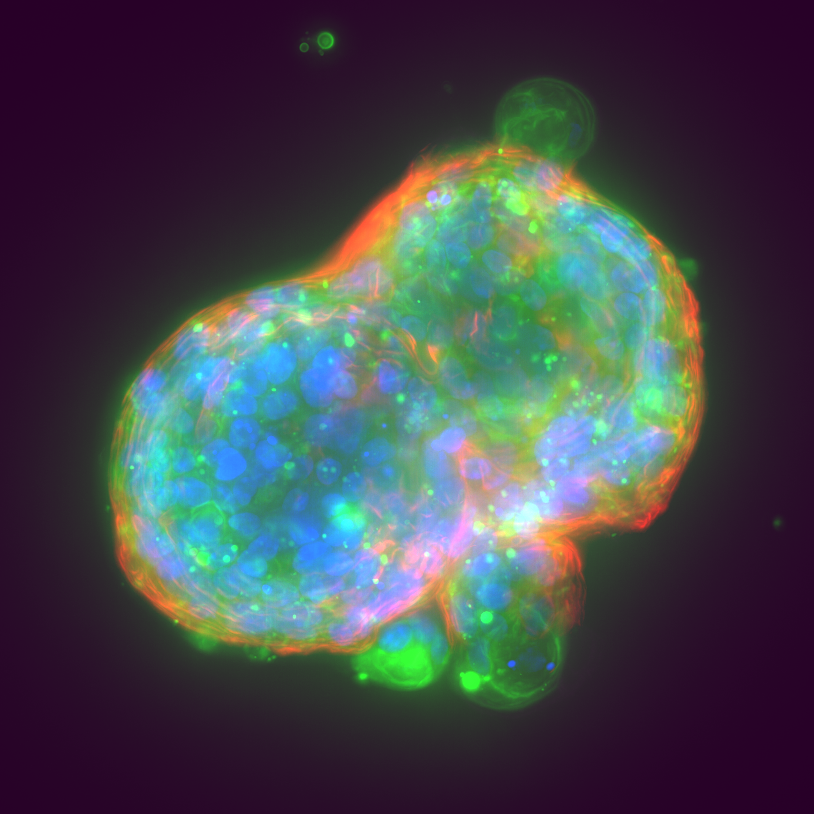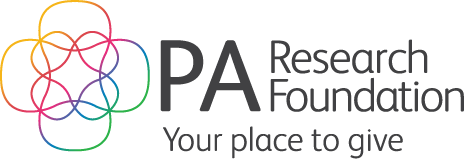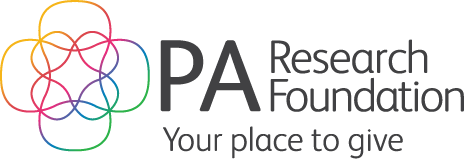
Having contributed to important research at the Australian Prostate Cancer Research Centre - Queensland, Dr Charlie Bidgood is now exploring ways to improve outcomes and treatments for people diagnosed with breast cancer. Dr Bidgood, who has published research in prostate cancer since 2019, explained he has found this newly adopted research work in breast cancer highly encouraging.
“My PhD helped to understand how advanced and metastatic prostate cancer tumours can rewire their energy production processes to escape the drugs that we currently use. Now I’m trying to understand how we can improve therapeutic options for breast cancer patients.” - Charlie said.
Charlie spends most of his time in the labs at the PA Hospital based Translational Research Institute supporting projects led by Professor Rik Thompson. One project, in part supported by the PA Research Foundation, is exploring whether an approved breast cancer drug can be used at different stages of treatment to make cancer cells more sensitive to other existing therapies. Another project is asking the question as to why some breast cancers respond to treatment better or worse than others.
“We are working closely with clinicians at the PA Hospital to collect valuable patient breast cancer tissue, which we culture as patient derived organoids. A major focus of my research is the use of advanced microscopy techniques to study the underlying biology of these samples, with particular attention to processes related to the epithelial to mesenchymal transition and therapeutic sensitivity.” - Charlie stated.
“Growing patient tissue in the lab is both challenging and time consuming, although we have had a number of promising successes since the beginning. In one case, we were able to culture samples taken before neoadjuvant chemotherapy and again at the time of surgical resection. This will hopefully give us a rare opportunity to see what changes within the tissue may contribute to the cancer resisting chemotherapy.”
As a researcher, Dr Bidgood knows firsthand how lucky he is to get to collaborate and conduct research on a campus where a research facility is co-located with a tertiary Hospital with a bench to bedside translational focus. He added that the courage and kindness of the patients who agree to partake in research makes them as much of a trail blazer in the hunt for lifesaving treatments as the researchers themselves.
“The willingness of patients to donate their samples means a great deal to us. We understand how significant it is to give something so personal, especially when the research may not directly influence their own treatment journey. And their generosity makes this work possible.”
“An advantage to this work is that these samples have not been in culture for long periods, so they give us a much more accurate picture of the tumour at that moment in time. This helps us understand what is actually happening inside these highly complex cancers, and we hope that these insights we gain will ultimately benefit patients in the future.”
The role of the Foundation and its donors, who gave matching funding to ensure one of the projects was able to progress, is vital to the advancement of translation focused research like that which he and Professor Thompson engage in.
“We are greatly appreciative of the funding we have received to date, including that from the PA Research Foundation. It’s what allows us to continue this really important work”
“We may be based at the PA Hospital, but building strong links with the clinical teams is a separate challenge, and we rely on both the clinicians, patients, and the PA Research Foundation to help us make those connections."





